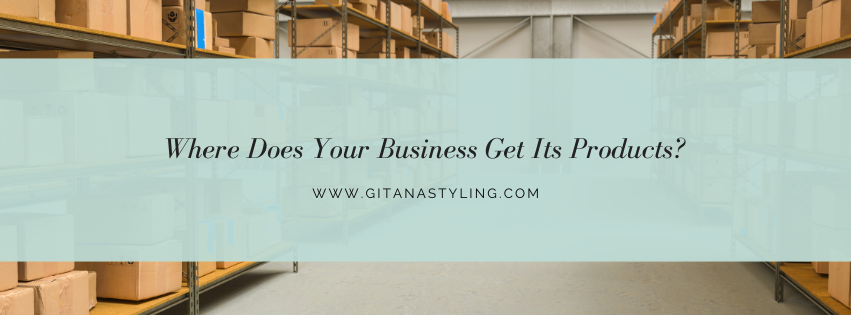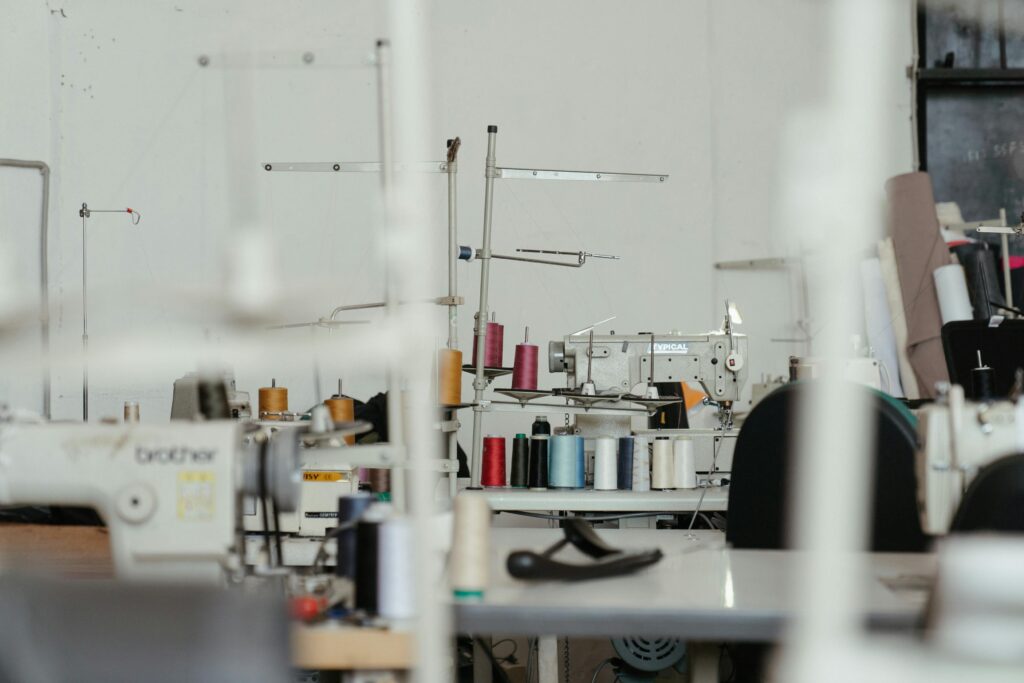*This is a contributed post. This post contains affiliate links.
Whether you’re starting a business online, like an eCommerce store, and you want to find the stock to fill it, or you’re trying to create a brand that’s synonymous with its products, you need to think about where you’re getting them from. There are a host of different options, and here, we’re going to take a look at some of them, as well as their pros and cons.
Working with wholesalers
If you’re looking to quickly get a supply of products, and you’re fine with selling them under another brand, as with many retail stores, then you’re going to want to find your wholesale suppliers. Wholesalers typically have relationships with a wide range of suppliers and manufacturers and can make the process of getting access to a wide catalog of items a lot easier, especially for smaller businesses that don’t have that relationship built up.
Finding your suppliers
Of course, the focus of your business might be a little more specific. You might not need a wide range of items but want to make sure that you’re able to offer the best of the best. Making an offer directly to suppliers to become an approved carrier of their products can help you do that. Just make sure that you create a supplier contract that sees to all of your needs and ensures all parties are getting their effort and money’s worth.
Manufacturing it yourself
A lot of small businesses start from someone who took the time and effort to create their own product. Starting your own manufacturing operation isn’t easy, it can take a lot of upfront investment, especially if you’re trying to scale your efforts to be able to sell a lot of products in a short amount of time. However, the benefit is that you get complete control over your product, its quality checks, and how you run your production floor.
Working with manufacturers
If you’re open to sharing your profits from the drop, and not as willing to oversee a whole manufacturing operation, then you might want to find partners who can take care of that side for you. There are manufacturing contractors who will take orders on commission, as well as specialty providers like jeans manufacturing providers. You can, of course, decide to scale your manufacturing operations and move it in-house if you’re eventually willing to take on the costs, but outsourcing it can help a lot of businesses quickly get on their feet with their own custom-made products.
Dropshipping
Dropshipping is a relatively recent model that has become popular with startup online businesses, in particular. With this method, you create an online store, but the suppliers are the ones who take charge of inventory, fulfillment, packing, and shipping. This does allow for relatively low effort on the selling side, allowing you to focus a lot more on marketing, branding, and outreach, but does come with higher costs from the supplier as a result.
Regardless of where you get your products, the final responsibility for how they do in the market is yours. Keep that in mind and choose any partners you work with very carefully.
Want to review, plan, and redefine things in your fashion business, so you can reach your goals in your business? Grab our free guides here!




